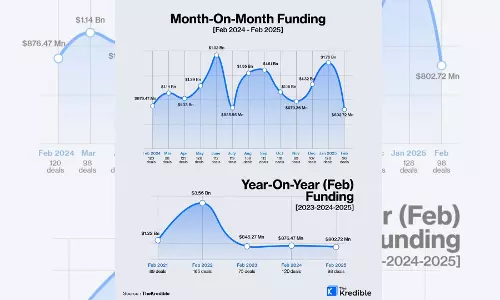All unselected H-1B petitions returned: United States
On April 6, USCIS received 94,213 H-1B petitions in the general category and 95,885 in the advanced degree category.;

Washington: The US Citizenship and Immigration Services today said that it has returned all the petitions of H1-B visas, popular among Indian IT professionals, that were not selected in the computer-generated lottery system in April.
The H1-B visa is a non-immigrant visa that allows US companies to employ foreign workers in speciality occupations that require theoretical or technical expertise. The technology companies depend on it to hire tens of thousands of employees each year from countries like India and China.
The US Citizenship and Immigration Services (USCIS) said that it has returned all the unselected H-1B petitions for the fiscal year 2019, beginning October 1 which were submitted to the agency in April.
The Congressional-mandated cap of 65,000 H-1B visas and another 20,000 in the advanced degree categories were reached within the first five days after the USCIS started accepting H-1B applications. As an H-1B non-immigrant, the applicant may be admitted for a period of up to three years.
The time period may be extended, but generally cannot go beyond a total of six years. However, there are some exceptions to it. On April 6, around 94,213 H-1B petitions were received in the general category and 95,885 in the advanced degree category, as a result of which the federal agency resorted to a computerised draw of lots to select the successful applicants. Petitions of those not selected have now been returned, the USCIS said.
The H-1B application process began from April 2 as the top federal agency temporarily suspended the premium processing of all such work visas subject to fiscal cap.
The suspension of premium processing of all the H-1B petitions which are subject to the annual caps is expected to last until September 10, 2018.
During this time, the USCIS said it will continue to accept premium processing requests for the H-1B petitions that are not subject to the fiscal 2019 cap.
According to the USCIS, between 2007 and 2017, it received the maximum number of 2.2 million H-1B petitions from high-skilled Indians. India was followed by China with 301,000 H-1B petitions during the same period.


